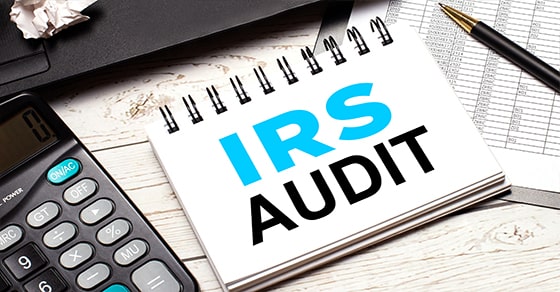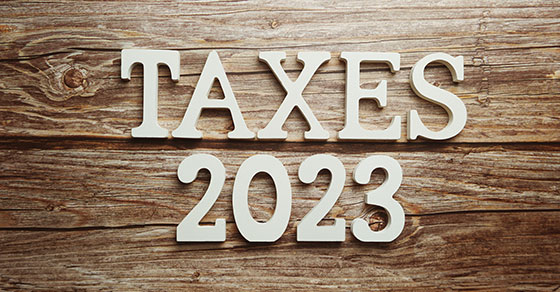
This year, many Americans have been victimized by wildfires, severe storms, flooding, tornadoes, and other disasters. No matter where you live, unexpected disasters may cause damage to your home or personal property. But claiming a deduction has gotten more complicated. Keep reading to learn the rules for claiming casualty loss tax deductions.
Defining Casualty
What’s considered a casualty for tax purposes? A “casualty” is a sudden, unexpected, or unusual event, such as a hurricane, tornado, flood, earthquake, fire, act of vandalism, or a terrorist attack.
Before the Tax Cuts and Jobs Act (TCJA), eligible casualty loss victims could claim a deduction on their tax returns. But currently, there are restrictions that make these deductions harder to take.
The Rules and Exception
For losses incurred from 2018 through 2025, the TCJA generally eliminates deductions for personal casualty losses, except for losses due to federally declared disasters.
Note: There’s an exception to the general rule of allowing casualty loss deductions only in federally declared disaster areas. If you have personal casualty gains because your insurance proceeds exceed the tax basis of the damaged or destroyed property, you can deduct personal casualty losses that aren’t due to a federally declared disaster up to the amount of your personal casualty gains.
Claim a Refund with a Special Election
If your casualty loss is due to a federally declared disaster, a special election allows you to deduct the loss on your tax return for the preceding year and claim a refund. If you’ve already filed your return for the preceding year, you can file an amended return to make the election and claim the deduction in the earlier year. This can potentially help you get extra cash when you need it.
This election must be made no later than six months after the due date (without considering extensions) for filing your tax return for the year in which the disaster occurs. However, the election itself must be made on an original or amended return for the preceding year.
Calculating the Casualty Loss Deduction
You must take the following three steps to calculate the casualty loss deduction for personal-use property in an area declared a federal disaster:
- Subtract any insurance proceeds.
- Subtract $100 per casualty event.
- Combine the results from the first two steps and then subtract 10 percent of your adjusted gross income (AGI) for the year you claim the loss deduction.
Important: Another factor that makes it harder to claim a casualty loss than it was years ago is that you must itemize deductions to claim one. Through 2025, fewer people will itemize because the TCJA significantly increased the standard deduction amounts. For 2023, they’re $13,850 for single filers, $20,800 for heads of households, and $27,700 for married joint-filing couples. So, even if you qualify for a casualty deduction, you might not get any tax benefit because you don’t have enough itemized deductions.
Lawmakers Debating the Issue
Earlier this year, a bipartisan group of lawmakers in Washington introduced a bill that would make the deduction available to more taxpayers. The proposed Casualty Loss Deduction Restoration Act would reinstate the deduction to all taxpayers with a casualty loss — not just those located in a federal disaster declaration area. Passage of the bill is uncertain at this time.
We Can Help
When it comes to claiming casualty loss tax deductions, the rules described here are for personal property. Keep in mind that the rules for business or income-producing property are different and other rules may apply. As it happens, it’s easier to get a deduction for a business property casualty loss. If you’re a victim of a disaster, contact us. The knowledgeable team at Ramsay & Associates can help you understand the complex tax deduction rules.






